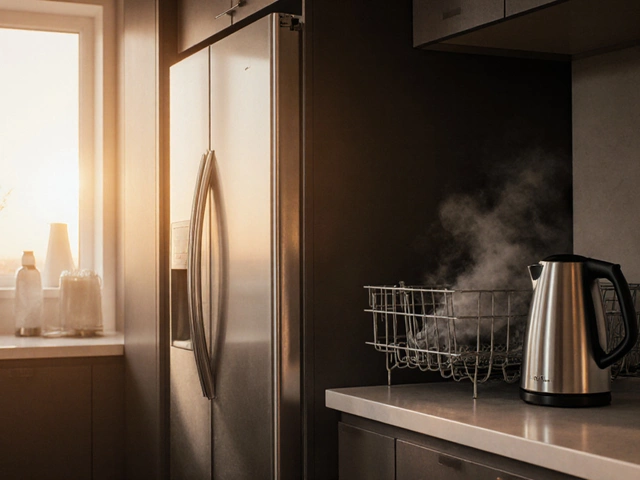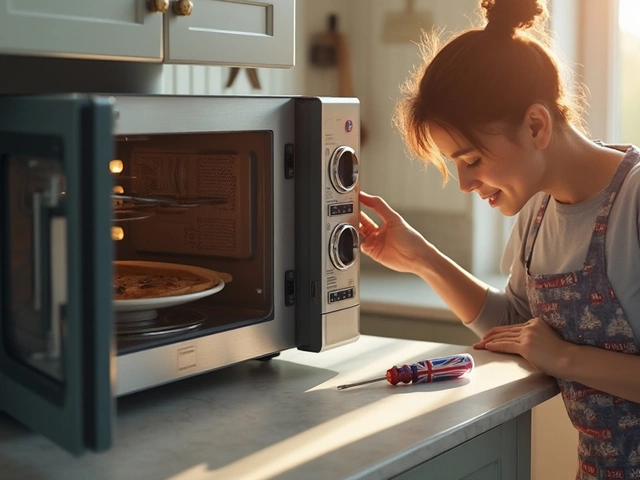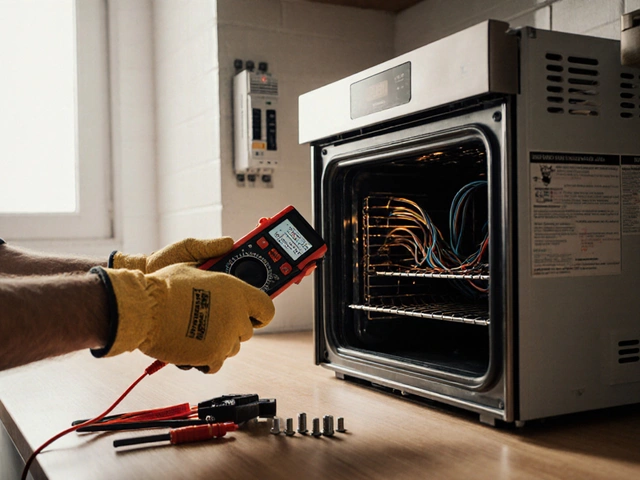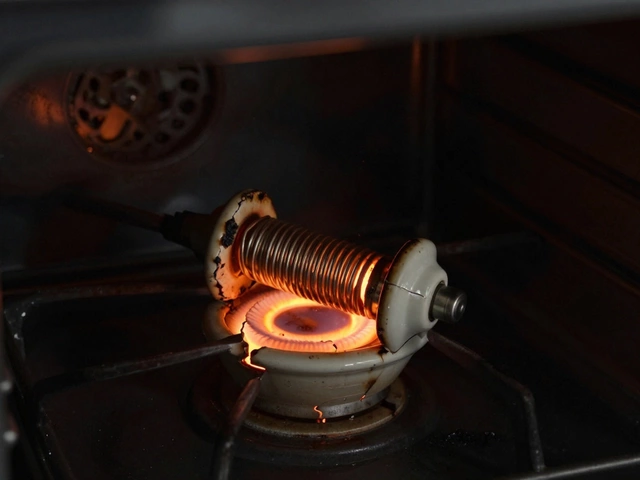cooker lifespan – What to Expect and How to Extend It
Got a cooker that’s been humming in your kitchen for years? You’re probably wondering how many more meals it can handle before it quits. The truth is, a cooker’s life isn’t set in stone – it depends on the model, how you use it, and how well you look after it.
Most electric or gas cookers are built to last about 10 to 15 years. That’s a good rule of thumb, but you’ll see units that break down after five years and others that keep going for 20. The big difference is usually how often you push the appliances to their limits and whether you keep up with basic maintenance.
Key factors that shrink a cooker’s life
1. Heat stress. Running the oven at max temperature for long stretches forces the heating elements and seals to wear out faster. If you regularly bake at 250 °C for hours, expect the oven to need repairs sooner.
2. Spills and grime. Grease splatters that sit on the oven door, burners or control panel can corrode parts and affect sensors. A quick wipe after each use goes a long way.
3. Power fluctuations. Surges or frequent trips to the circuit breaker can fry electronic controls. Using a surge protector for the cooker’s plug can protect the circuitry.
4. Improper use. Putting metal pans on a glass hob, or using the grill as a storage shelf, puts unnecessary strain on the surface and can crack it.
Simple habits to stretch your cooker’s lifespan
Start with a regular cleaning schedule. A gentle oven cleaner every few months keeps the interior from building up carbon deposits that can affect heating efficiency. For gas burners, check the igniters and clean out any food bits that might block the flame.
Every year, give the seals around the oven door a once‑over. If you notice tears or gaps, replace them before heat starts leaking out. A good seal not only keeps the heat in but also protects the surrounding cabinet from moisture.
When the cooker shows early signs of trouble – like uneven heating, strange noises, or error codes – don’t wait for a full breakdown. A quick call to a local repair service can fix the issue before it spreads to other components.
Finally, consider the power source. If you have an older electric model, upgrading to a newer, energy‑efficient unit can save money on bills and reduce strain on the appliance. Modern cookers often come with self‑diagnostic features that alert you to problems early.
Bottom line: a well‑cared‑for cooker can easily hit the 15‑year mark, sometimes even longer. Keep the heat sensible, wipe spills fast, protect the electronics, and address small glitches right away. Your kitchen will thank you with reliable cooking and fewer surprise repair bills.






